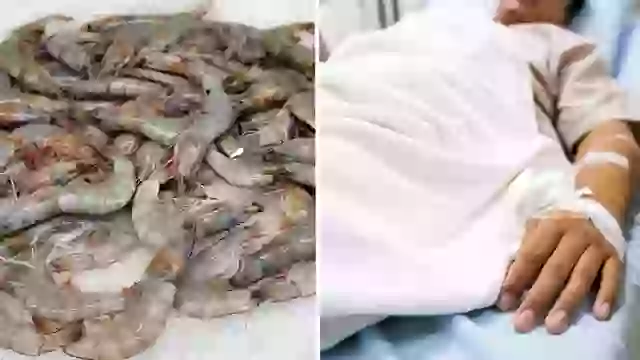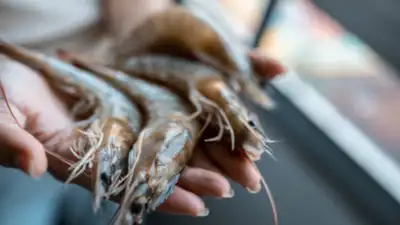Why This Matters Right Now
Imagine buying frozen shrimp, thinking it’s a safe, tasty dinner option—only to discover it’s potentially tainted with a radioactive isotope, Cesium‑137 (Cs‑137). That’s exactly what’s happening. Food safety watchdogs are urgently recalling several shrimp brands after detecting this radioactive element. Let’s break down what’s going on, where it happened, and what you should do if that bag is sitting in your freezer.

What’s Going On?
The Food and Drug Administration (FDA) flagged potential radioactivity in frozen shrimp, citing contamination with Cesium‑137, a byproduct of nuclear processes. While the exact cause remains unclear, the risk couldn’t be ignored—this led to a recall of various shrimp brands distributed across many U.S. states.
Which Brands Are Affected?
Several popular frozen shrimp labels have been included in the recall. If you’ve bought:
- Southwind Foods
- Sand Bar
- Best Yet
- Arctic Shores Seafood Company
- Great American Seafood Imports Co.
- First Street
…during a window stretching from mid-July to early August, you’ll want to check your freezer immediately.
Video : Radioactive shrimp sold at Walmart recalled: FDA
Where Was This Shrimp Sold?
These contaminated products reached supermarkets and wholesale stores across a wide range of states, including but not limited to: California, Texas, New York, Massachusetts, Pennsylvania, Alabama, Arizona, Utah, Virginia, Washington, and more. If you live in one of these areas and bought shrimp recently, it’s worth taking a second look.
What Is Cesium‑137 and Why Is It a Concern?
Cesium‑137 is a radioactive isotope commonly used in medical radiation devices and industrial gauges. While exposure to very small amounts doesn’t cause immediate harm, long-term or repeated exposure can elevate cancer risk by damaging DNA. Think of it like a slow leak—tiny at first, but potentially dangerous if ignored.

What You Should Do Next
- Inspect Your Freezer: Check for the recalled brands and purchase dates between mid-July and early August.
- Dispose or Return: If the shrimp matches, don’t cook it—even if it looks fine. Toss it or return it for a refund.
- Wash Your Hands: Clean up thoroughly if you’ve handled the shrimp or packaging.
- Contact the Seller: Ask about return policies or safe disposal instructions.
- Reach Out for Medical Advice: Especially if you’ve eaten this shrimp regularly or have health concerns.
A Deeper Look: How Did This Happen?
It appears the FDA caught the issue thanks to inspections at several key ports, including those in Los Angeles, Houston, and Miami. Even though initial tests suggested contamination levels were not immediately hazardous, authorities are treating this very seriously—especially given the invisible, insidious nature of radioactive materials.
Video : FDA Issues Warning Over Potentially Radioactive Shrimp | E! News
Takeaway: Stay Calm and Informed
You’re not alone in hearing about this unexpected food alert. While it’s a rare and alarming situation, the most important takeaway is simple: check your frozen shrimp. If in doubt, don’t risk it. It’s better to be safe than sorry—especially when something invisible could be involved.
Stay vigilant, stay safe—and maybe take a moment to check the next place you stash those frozen bagged groceries.